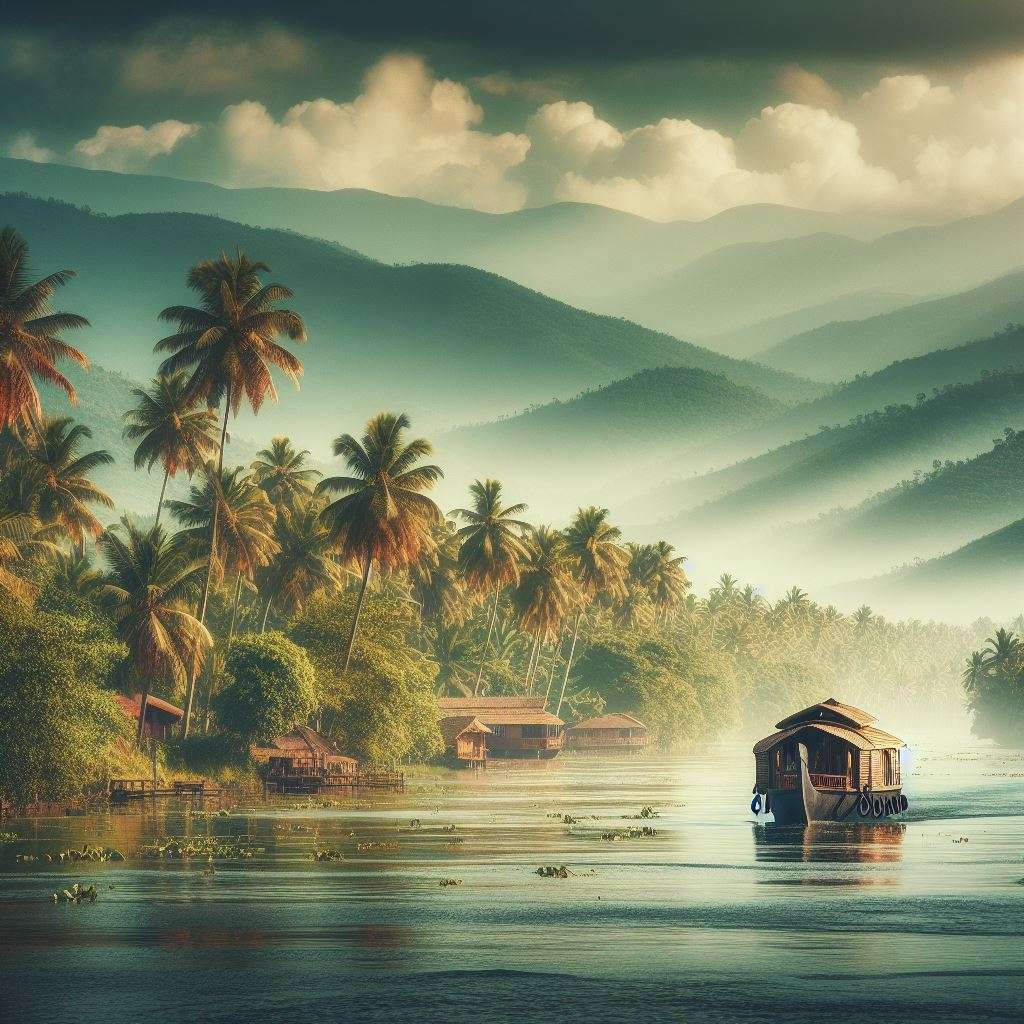Geography and Location
Tamil Nadu is a state located on the southeastern coast of the Indian subcontinent. It is bordered by the Indian Ocean to the south, the Bay of Bengal to the east, and the states of Andhra Pradesh, Karnataka, and Kerala to the north and west. The state covers an area of approximately 130,058 square kilometers and has a diverse geography that includes coastal plains, fertile river deltas, hilly regions, and the Western and Eastern Ghats mountain ranges.
Climate
Tamil Nadu experiences a tropical climate with distinct wet and dry seasons. The state generally has hot and dry weather, with temperatures often exceeding 40 degrees Celsius (104 degrees Fahrenheit) during the summer months. The southwest monsoon brings heavy rainfall from October to December, while the northeast monsoon brings rains from January to March, primarily affecting the coastal regions.
Population
As of my last update in September 2021, Tamil Nadu had a population of around 82 million people. It is one of the most densely populated states in India. The population is culturally diverse, with people from various linguistic, religious, and ethnic backgrounds living in harmony.
Culture
Tamil Nadu has a rich cultural heritage that dates back thousands of years. The Tamil language, one of the oldest languages in the world, is an integral part of the state’s identity. Tamil Nadu has made significant contributions to literature, music, dance, art, and architecture. Traditional Carnatic music and Bharatanatyam dance have their roots in this state.
Past History
Tamil Nadu has a rich historical legacy that dates back to ancient times. It was home to various dynasties, including the Cholas, Pandyas, and Cheras, which flourished during different periods. The state has also seen the influence of various empires, including the Mauryas, Pallavas, Chalukyas, and later colonial powers like the British.
Politics
The political landscape of Tamil Nadu has been marked by the presence of strong regional parties that advocate for the interests of the state. The Dravidian movement, focusing on social justice and Tamil pride, has had a significant impact on the politics of the state. The two major Dravidian parties are the All India Anna Dravida Munnetra Kazhagam (AIADMK) and the Dravida Munnetra Kazhagam (DMK).
Temples and Tourism
Tamil Nadu is famous for its numerous temples, many of which are architectural marvels. The state is home to several UNESCO World Heritage Sites, including the Brihadeeswarar Temple in Thanjavur, the Airavatesvara Temple in Darasuram, and the Group of Monuments at Mahabalipuram. These temples are known for their intricate carvings, towering gopurams (entrance towers), and spiritual significance.
Social System
Tamil Nadu has a diverse society with various communities and castes. The state has made efforts to address issues related to social inequality through affirmative action and reservations in education and jobs for historically disadvantaged groups. However, caste-based discrimination and related challenges persist.
Education System
Tamil Nadu has a strong education system and places a high emphasis on literacy and learning. The state has numerous prestigious educational institutions, including the Indian Institute of Technology (IIT) Madras and the University of Madras. Education is highly valued, and the state has a relatively high literacy rate compared to the national average.
Occupations
Agriculture, manufacturing, and services sectors contribute significantly to Tamil Nadu’s economy. The state is known for its textile and automotive industries. Chennai, the capital city, is a major hub for information technology (IT) and business process outsourcing (BPO) companies.
Festivals
Tamil Nadu celebrates a wide range of festivals with great enthusiasm. Pongal, a harvest festival, is one of the most important celebrations in the state. Other significant festivals include Diwali (Festival of Lights), Navaratri (nine nights dedicated to the goddess Durga), and Tamil New Year’s Day (Puthandu).
In conclusion, Tamil Nadu is a state with a rich history, diverse culture, vibrant traditions, and a significant role in India’s socio-economic and political landscape. Its temples, festivals, and cultural heritage make it a unique and captivating destination for both domestic and international tourists.




